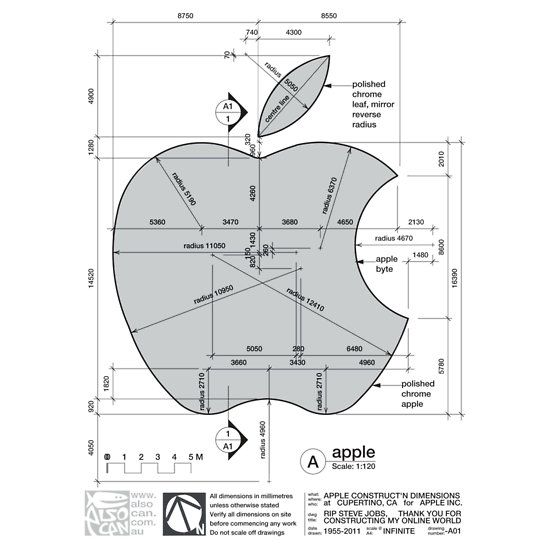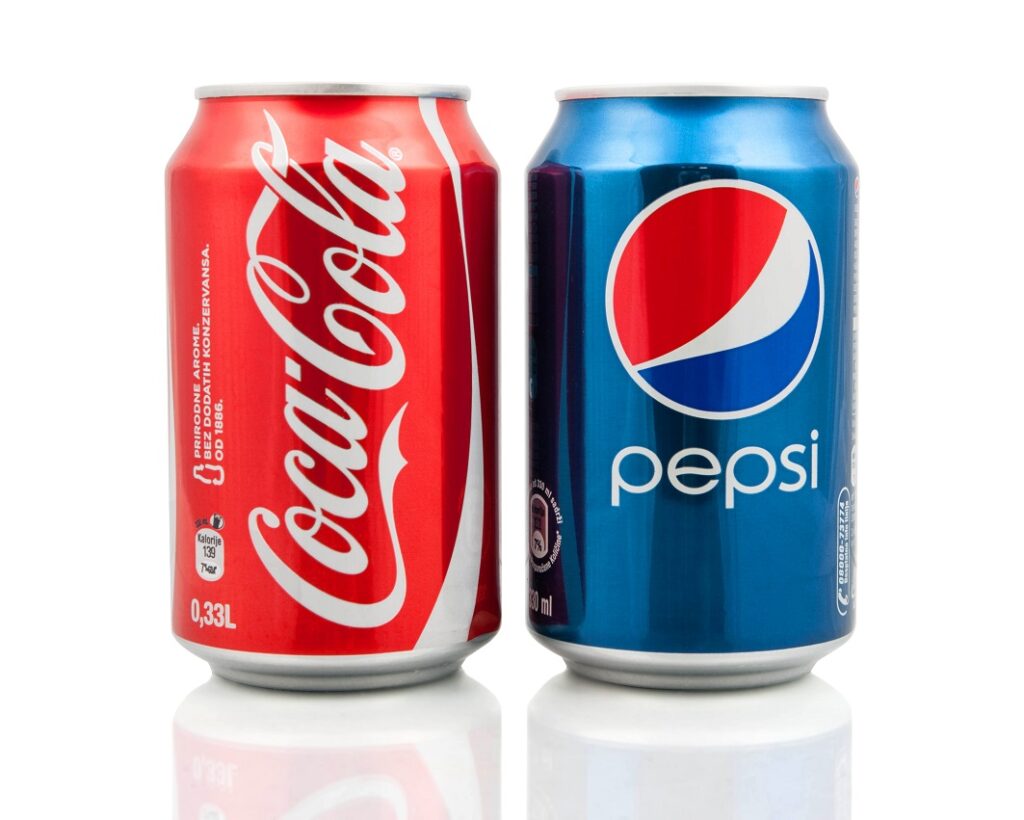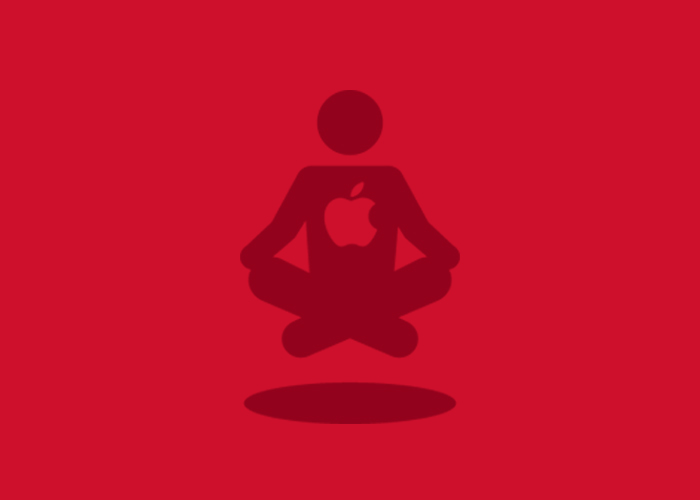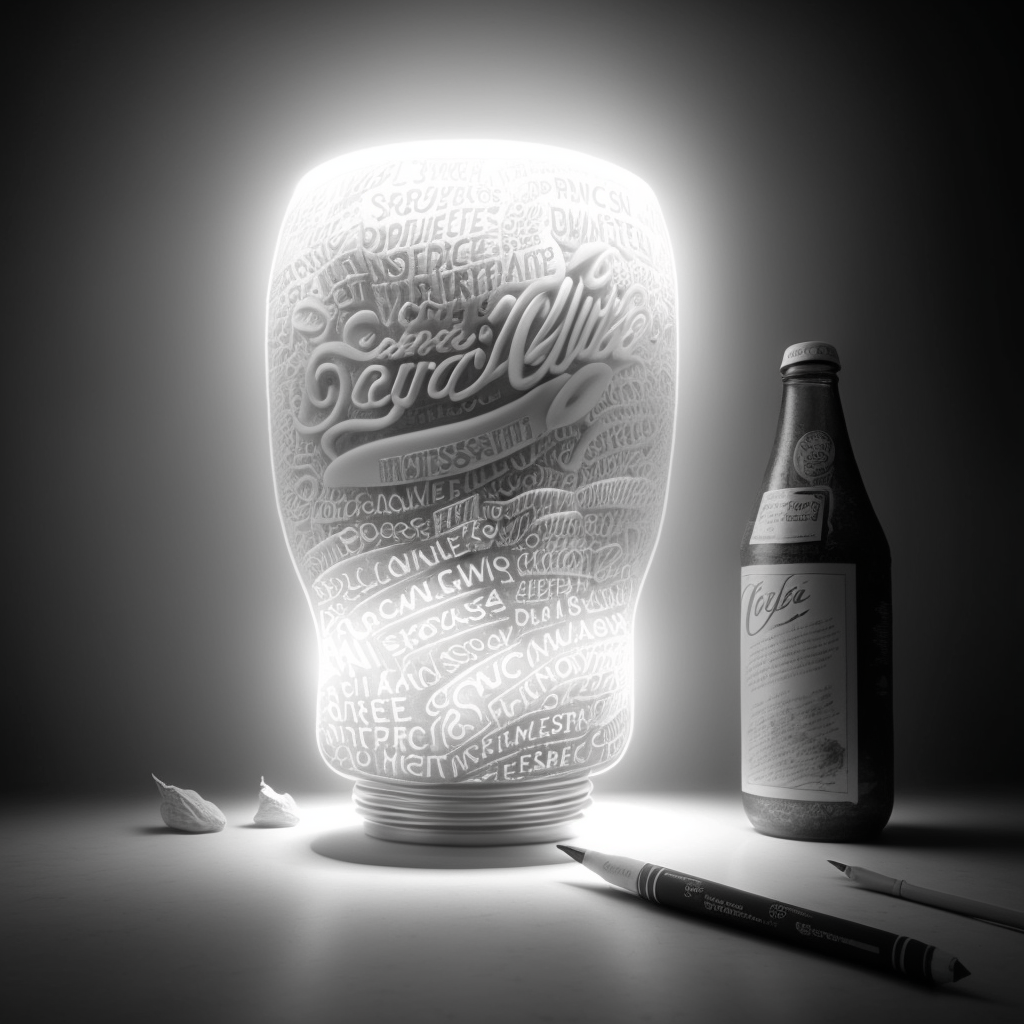
The Power of Branding: How Brands Have Successfully Branded Our Brains
Everywhere we turn, we see branding. From billboards to commercials and even in our own homes, companies are fighting for our attention with their logos and slogans. But what do brands really do for us? How have they been able to make an impression on our minds, and why does it matter? How some of the most popular brands have successfully branded our brains?
The big question is: Do brands influence our brains and decisions, or do we make choices based on rational factors?
Although we tend to believe that we make decisions based on rational thinking, the truth is quite different. Let’s explore some remarkable studies that propose a different viewpoint:
Increase Creativity – Apple Logo Stimulates the Brain
In a recent study, it was discovered that even brief exposure to the Apple logo can enhance one’s creativity.
The study found that people who were shown the Apple logo scored higher on a creativity test than those who were exposed to the IBM logo, presumably because they were mirroring the traits they associate with those logos.
People find that when they think about the Apple logo, they think very strongly about associations with creativity. When they think about the IBM logo, they think about a general notion of competence or professional. In the study, they showed people on the computer for very, very short durations, like 30 milliseconds, either the Apple logo or the IBM logo and then they looked at their behaviour. The Apple people were much more creative than the IBM people by like 20 to 30 percent.
It’s likely that you’ll experience a boost in your overall happiness if you consistently notice an increase in creativity every time you come across the Apple logo.

One conclusion that can be drawn is that our creativity can be influenced simply by viewing certain logos.
You can find detailed information on this study, along with its surprising outcomes, by reading about the experiment.
Brands Affect Our Happiness in Relationships
New research suggests preferring different brands can affect our happiness in relationships more than shared interests or personality traits 🙂
“People think compatibility in relationships comes from having similar backgrounds, religion or education, But we find those things don’t explain how happy you are in life nearly as much as this notion of brand compatibility.” said Gavan Fitzsimons, a marketing professor at Duke University’s Fuqua School of Business.
According to the researchers, individuals who have less power in their relationships and feel unable to influence their partner’s behaviour, are often compelled to use the brands that their partners prefer.
“If you are lower in relationship power and have different brand preferences than your partner, you’re probably going to find yourself stuck with your partner’s favorite brands, over and over again. This could lead to a death-by-a-thousand-cuts feeling,” Danielle Brick said in his study.

For Example: if you like Coke and your partner likes Pepsi, you’re probably not going to break up over it — but 11 years into a relationship, when he or she keeps coming home with Pepsi, day in and day out, it might start to cause a little conflict. And if you’re the low-power person in the relationship, who continually loses out on brands and is stuck with your partner’s preferences, you are going to be less happy.
It appears that Brand Compatibility can have an impact on the level of happiness in a relationship.
You can find detailed information on this study, along with its surprising outcomes, by reading about the complete study and its experiments.
Consumer brands vs. religion
A new study suggests that: religiosity tends to reduce reliance on brands — and that the reverse is also true: a focus on brands tends to reduce people’s reliance on religion.
Throughout history, organized religion has fulfilled several key roles, including fostering a sense of community, facilitating self-expression, and providing a source of meaning in people’s lives. Brands have gradually taken up the same positions and perform these same functions in modern society.
Over the past century, brands have taken on a greater significance in defining our identity, acting as a means for self-expression and social signaling. In addition, brands have provided us with a sense of community that we can belong to even when we’re alone.
I don’t believe that people are aware of this phenomenon at a conscious level. Whenever this concept is brought up, individuals often strongly object to the idea that their belief in religion could be replaced by brand affiliation.
However, at its core, the notion is that both religion and branding serve a similar purpose.

If you are relying heavily on brands in your life, it’s going to potentially shake your belief in God
You can find more information on this study and an interview with professor Gavan Fitzsimons of Duke University
We relate to brands, the same way we relate to people
A study shows that: brands might not pack the emotional punch of a loved one, but they do produce similar feelings to someone we like.
The researchers gathered participants in committed relationships and subjected them to a series of images during the test. These included pictures of their romantic partner, a close friend, a brand that they professed to adore, and a comparable product that they merely liked. Skin arousal levels were recorded using electrodes during the viewing, and a subsequent emotional assessment was conducted to measure both the intensity and positivity of their response.
The physiological tests confirmed what the interviews had suggested. When participants saw a picture of a loved person, they felt significantly more intense emotions than when they saw their fave brand, as indicated by skin arousal and emotional assessment. Loved ones made us all tingly; loved things, a little less so. “Thus … interpersonal (romantic) love and brand love constitute different emotions,” they conclude.
But the surprise came when the researchers compared responses to beloved brands with those of close friends. They found no measurable difference in terms of skin arousal, nor in terms of emotional intensity. And on the positivity assessment, the loved brand actually produced warmer vibes than a good pal did. “Thus,” they write, “the assumption that close interpersonal relations generally evoked more positive emotions than brand relations was not confirmed.” (As expected, emotional arousal, intensity, and positivity for a loved brand were all greater than for a liked brand.)

Brands produce similar feelings to someone we like and actually produced warmer vibes than a good pal did.
You can find more information on this study and an interview with professor Gavan Fitzsimons of Duke University
Branding isn’t just about making sure your company name sticks in people’s heads—it’s about creating meaningful connections between your company and your potential customers so that when they think about you, they think about all of the positive things associated with your brand instead of just your product itself.
In conclusion, it is evident that branding has an immense impact on our behaviour and thought patterns. Brands have gradually taken over the space previously occupied by religion, playing a pivotal role in shaping our sense of identity, expression, and community. As demonstrated by various studies, our purchasing decisions and even our relationships can be influenced by brands in subtle and profound ways. It is crucial to understand the power of branding and its effects on our brains. By doing so, we can become more mindful consumers, aware of the ways in which brands shape our perceptions and behaviour.
